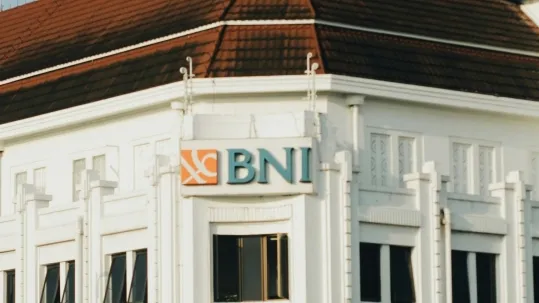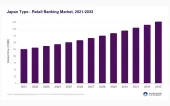
How Danantara’s plan to acquire BRIS will impact four Indonesian banks
Bank Mandiri, Bank Negara Indonesia, and Bank Rakyat Indonesia mayincur losses.
Indonesia’s sovereign wealth fund is planning to acquire direct control in Bank Syariah Indonesia (BRIS), which could involve divestments from three major banks.
Local reports indicate that Danantara might acquire BRIS shares from Bank Mandiri, Bank Negara Indonesia (BNI), and Bank Rakyat Indonesia (BRI), according to a report by UOB Kay Hian (UOBKH).
Bank Mandiri is a controlling shareholder of BRIS, with a 52% stake. BNI holds a 23% stake, and BRI has a 15% stake in BRIS.
Danantara’s plan is still subject to regulatory approval, but if it pushes through, BRIS could face transitional challenges and lose group synergies with Bank Mandiri.
As controlling shareholder, Bank Mandiri has played a foundational role in shaping BRIS’ formation, growth, and early credibility, UOBKH analyst Posmarito Pakpahan said.
As part of BMRI’s group, BRIS has reportedly benefitted from shared infrastructure and a common risk management framework.
“Since its inception in 2021, BRIS has delivered impressive performances, with assets growing at a 15.6% CAGR (2021-24), double the industry’s growth of 7.2%,” Pakpahan said.
“Thus, we expect its divestment from BMRI to lead to transitional challenges in the short term,” Pakpahan added.
Synergies amongst sibling companies under Danantara may differ from the parent-subsidiary structure, they might offer flexibility and potential for cross-entity and ecosystem-wide alignment.
For Bank Mandiri, a full divestment would involve having to fully derecognize BRIS from its balance sheet and income statements.
As of Q1 2025, BRIS accounted for 16.3% of Bank Mandiri’s total assets, 17% of total loans, 18% of deposits, and 7.3% of net profits.
Bank Mandiri might report losses from the transaction due to the absence of one-off gains, Pakpahan said, based on UOBKH estimates.
BNI and BRI may also incur losses from the transaction as they would forgo income from investment in associates and dividend.



















 Advertise
Advertise












